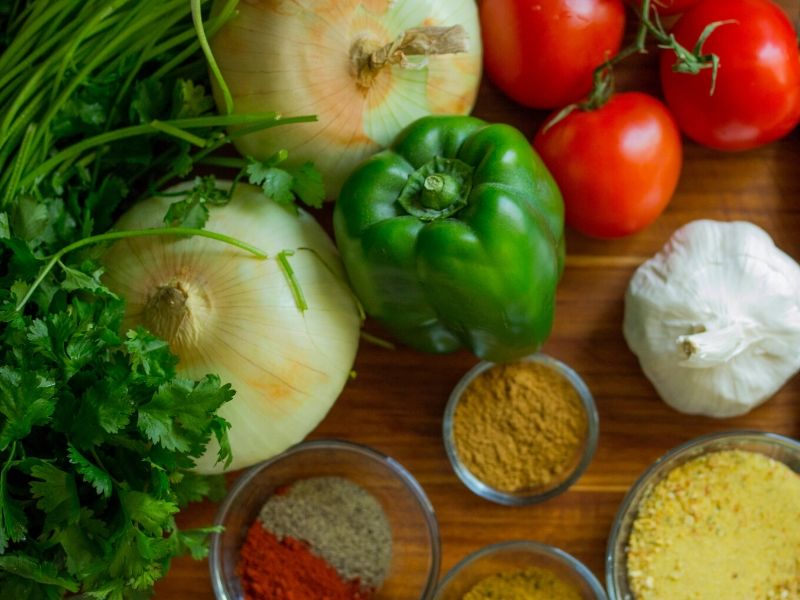Explained: What are foodbanks and who can use them during the coronavirus crisis?
In this difficult time of isolation it is easy to feel alone and unable to reach out for help but foodbanks are striving to help those in need.
With social distancing restrictions and some receiving lower, no pay or facing redundancy it can be difficult to stretch the pay check for everything that is needed. Due to the current Coronavirus crisis, more and more people are experiencing financial struggle, resulting in new foodbank referrals. Here’s all you need to know about what a foodbank is, how to access one and who they are for…
What is a foodbank?
A foodbank is a non-profit organisation which distributes free food and donations to those in need or having difficulty purchasing food due to avoid hunger. Many foodbanks are run by councils or religious organisations such as the salvation army and provide food for a range of people. The first Trussel Trust foodbank in the UK launched in 2000 and since then they support over 1,200 foodbanks across the UK.
View this post on Instagram
What types of foodbank are there?
Typical foodbanks from organisations such as Trussel Trust foodbanks and the Salvation Army can provide food to those who cannot afford to buy their own. Foodbanks often work hand-in-hand with local officials and government along with agencies such as housing agencies, children’s centres, advice charities and mental health teams to identify and refer people who might benefit from a foodbank. They often also work on a ‘voucher’ basis, where (when referred) you receive a voucher which you can take to the allocated foodbank and use there. However, if you are in a place of financial struggle or cannot provide payment for food, get in touch with a local foodbank and explain your situation to their team.
There are also some independent and local foodbanks which do not need a referral so it is worth checking if there are any in your local area and discuss with them your specific situational needs.
Community fridges can also help provide meals, hygiene products and some fresh food such as groceries for those who cannot afford to purchase them. A local Ashford community fridge called ‘Repton Connect’ state on their website that they have “No rules, no fuss, no referrals. If you need something, you’re welcome to request it. We also want to make life as easy as we can for keyworkers so please feel free to contact us too.” If you cannot leave your house, you can also get in contact with them over the phone or email to discuss how they can help.
View this post on Instagram
Who can use a foodbank?
Foodbanks are not just for families or people who do not have an income but seeks to help those who are finding difficulty buying enough. If you live in a rural area and need some help from a foodbank, get in touch with your local ones, explain your situation and enquire about possible home deliveries (keeping within social distancing guidelines).
It is also worth noting that you do not have to be religious to go to a foodbank from a religious group or organisation. An example of this is Ashford Vineyard’s Compassion Project you can check out what other support they can give in this difficult time.
If you are struggling to find places which will accommodate perhaps more different circumstances, you can always seek further advise from Citizen’s Advice who are available for virtual contact such as over the phone or email. They might be able to give you more specific advise for your individual circumstance.
Find foodbanks in Kent
Find other local food banks click here for Kent county council’s picks or here for local family food banks.
To find out about how Medway residents are pulling together during lockdown, click here!
